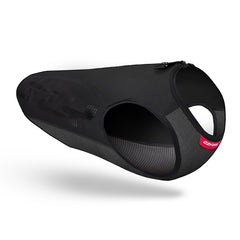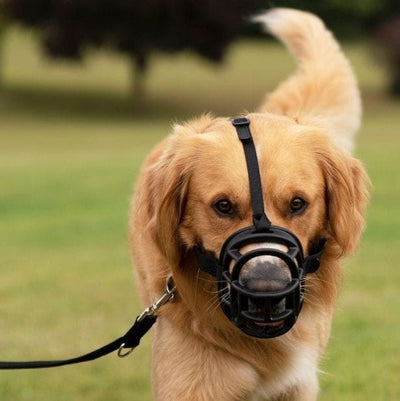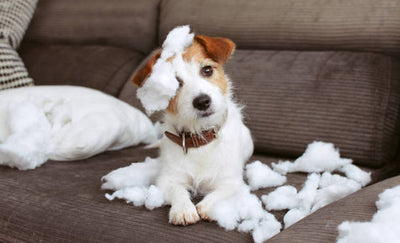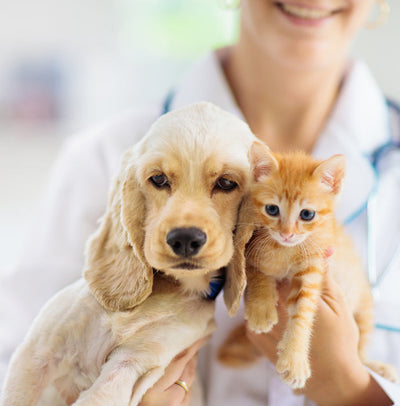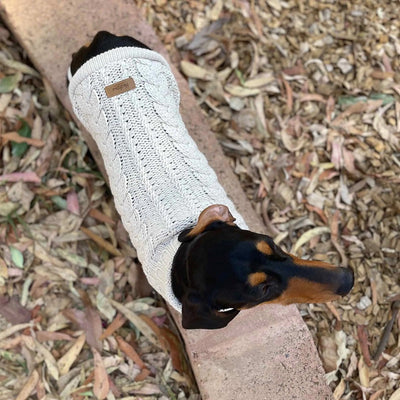Should my dog wear a coat in winter?
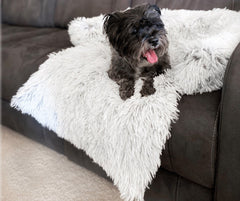 outside, consider bringing them inside during winter. Ensure that they have warm bedding & wherever possible the bedding should be raised off the ground. Many of our dogs and cats favor our armchair, bed, or lounge to sleep. The new bliss calming sofa suits these pets as you can un-roll one end of it and it is designed for use on lounges or armchairs.
outside, consider bringing them inside during winter. Ensure that they have warm bedding & wherever possible the bedding should be raised off the ground. Many of our dogs and cats favor our armchair, bed, or lounge to sleep. The new bliss calming sofa suits these pets as you can un-roll one end of it and it is designed for use on lounges or armchairs.
Maintain a regular exercise regime! Light activities such as walking & swimming help strengthen muscles, keep ligaments & tendons flexible, prevent obesity & will circulate blood to stiff joints. Keep them short but regular, 15-30 minutes of activities 5 days a week is perfect if you can. Avoid activities in which your dog or cat has to leap, jump, turn quickly or run. These activities can cause damage to your pet's joints. Exercise will benefit the mental stimulation of your pet too.
For cats, always bring them inside at night, an igloo or cubby is a great winter  option. These warm up quickly by the cat & keep out any cool draughts. Place it up off the floor, such as on a lounge chair & your cat will stay warm & feel secure. If despite these measures your pet is still uncomfortable, consult your vet about the latest treatment.
option. These warm up quickly by the cat & keep out any cool draughts. Place it up off the floor, such as on a lounge chair & your cat will stay warm & feel secure. If despite these measures your pet is still uncomfortable, consult your vet about the latest treatment.
How do I keep my dog warm in a dog kennel?
Many outdoor dogs will use a kennel throughout winter so if you’re looking to purchase one keep these points in mind. Purchase a kennel with a small opening on the front as a large door will allow the heat to escape. The kennel should have good insulation properties so avoid timber or those with a steel roof and look for one of the plastic or timber ones with good insulation qualities. A dog's body heat will warm up a kennel and it is important not to choose a kennel that is too large for your dog as it will not stay warm enough resulting in your dog not using it. If you have an existing kennel, consider purchasing a clear door to fit the kennel, this will keep out some of the cold draught. Finally, dogs like to know what’s going on with their owners so position the kennel so your dog can see inside the house and see what you’re up to!
If you need a new indoor bed for your dog take into consideration the fact that most dogs like to curl up to sleep so the bed should be just big enough for the dog to fit into it. We have a huge range of bedding for both indoors and outdoors. We also have some warm polar fleece blankets that are perfect to protect your furniture if your pet sleeps on the lounge.
outdoors. We also have some warm polar fleece blankets that are perfect to protect your furniture if your pet sleeps on the lounge.
Another great product that both cats and dogs love is a heating pad. Often pets search for warmth during winter and your bed at 2.00 am seems like the best place. A small heating pad much the same as an electric blanket for pets will take the chill off their bed and give you a good night’s sleep. There are now microwaveable heat pads that remain warm for up to 10 hours!
Do I need to keep my fish warm in winter?
Aside from dogs and cats, other pets also have special needs in winter. Pond fish will become dormant in the winter months. Once the water drops below 10 degrees there is no need to feed them, as they can no longer digest the food properly. Feeding throughout winter means that your pond will become green throughout sp ring as the excess food provides a source of nutrient for algae. If you have indoor tropical fish, check that their heater is functioning properly as changes in temperature greater than 3 – 4 degrees is a common cause of the white spot disease. Continue your regular water changes & check your fish for symptoms daily.
ring as the excess food provides a source of nutrient for algae. If you have indoor tropical fish, check that their heater is functioning properly as changes in temperature greater than 3 – 4 degrees is a common cause of the white spot disease. Continue your regular water changes & check your fish for symptoms daily.
How do I keep pet reptiles warm?
In the wild reptiles will go into a state known as brumation which is the equivalent of hibernation. Many captive reptiles can also go through this period as it is inherent. You may find that your reptile will go into hiding in a safe, secure spot & it will stop feeding. You can reduce the light cycle on the enclosure & turn off the heat if this occurs. Many herpetologists debate the need for captive reptiles to go through this process. Some believe that if they are well fed they don't require this to remain healthy, others however, believe that brumation is crucial for the reptiles natural metabolic functions & denying reptiles this could reduce their lifespan. Herpetologists agree that brumation stimulates mating behaviour & is vital to fertility.
How do I keep my pet bird warm over winter?
Birds need to be kept out of draughty areas, keep them in a warm spot & use a Sleeping Hammock inside their enclosure so that they can snuggle up & keep warm. Cover their enclosure at night with a towel or blanket to keep them warmer while they roost. For older birds, an infrared heat lamp is a great choice as they are not too bright & won’t disturb the bird while it rests.
How do I keep my hens warm over winter?
Hens are remarkable at acclimatising to the cooler weather. Hens should have additional hay inside a warm, dry & draught free hen house. Position the hen house in a protected area that is north facing. Ensure that all hens are together at night as they will keep one another warm. You may notice a reduction in egg production over the cooler months. This is a completely natural process as hens are sensitive to day length & declining day lengths discourage egg production (hens need about 15 hours of daylight to keep their reproductive clock regular). Commercial egg producers avoid this problem & maintain egg production year round by using artificial lighting to give hens a long day length no matter what the season. You could do this if your hen house has access to power & you could also feed your hens with high protein food. Chicks will require a heat lamp if you are raising them & should be kept indoors in a chick nursery starter kit. Frozen water can often be the biggest threat to your hens during winter!
Remember to always keep a fresh supply of water accessible to your pet. Water bowls & drinkers outside overnight tend to freeze. Always have a spare bowl that you can fill up & leave for your pet should this occur.
For further information about the cold & your pet, call in & see us in the store, or email us: admin@weknowpets.com.au
4/72-76 Station St Bowral NSW 2576
PH: 024862 1175
© weknowpets 2022


